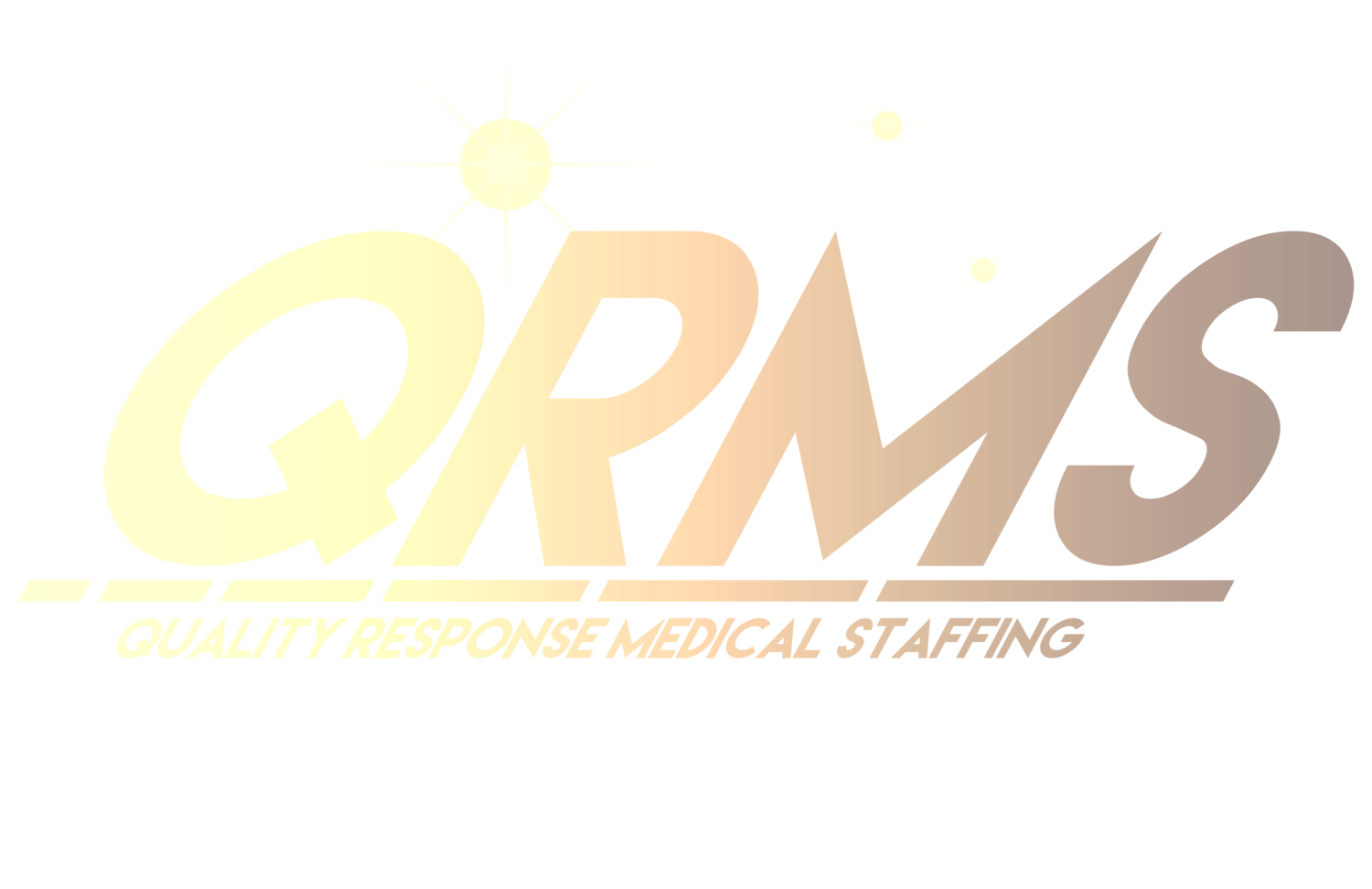10 Signs You Might Be Dehydrated
Dehydration occurs when your body loses more fluids than it takes in, affecting essential bodily functions. Even mild dehydration can impact your well-being. Here are some of the key signs to watch out for:
1. Dry Mouth and Increased Thirst
One of the earliest signs of dehydration is a dry mouth, accompanied by increased thirst. This happens because your body is signaling that it needs more water to maintain a moist environment in your mouth and throat.
2. Dark Urine
Your urine color can be a direct indicator of hydration. If your urine is dark yellow or amber, it’s often a sign that your body needs more water. Ideally, well-hydrated individuals will have light yellow or nearly clear urine.
3. Dry or Flaky Skin
Dehydration can reduce skin elasticity, making it look dull, dry, or flaky. Pinching the skin on the back of your hand is a simple way to check for dehydration—if it doesn’t snap back quickly, you may need to hydrate.
4. Headaches
Lack of fluids can cause headaches or migraines. As dehydration reduces the blood volume, it impacts the flow of oxygen to the brain, leading to headaches.
5. Muscle Cramps and Weakness
Dehydration can lead to an imbalance of electrolytes, such as sodium and potassium, which are vital for muscle function. This imbalance may result in muscle cramps, spasms, or overall weakness.
6. Dizziness or Lightheadedness
Fluid levels help regulate blood pressure. When dehydrated, your blood volume decreases, which can cause a drop in blood pressure, leading to dizziness or lightheadedness, especially when standing up quickly.
7. Fatigue or Low Energy
Water is essential for energy production at the cellular level. Without enough hydration, cells have to work harder, making you feel sluggish and fatigued.
8. Dry Eyes
Dehydration can reduce tear production, leading to dry or irritated eyes. This may be particularly noticeable in contact lens wearers, who may feel discomfort due to the reduced moisture.
9. Poor Concentration and Mood Changes
Dehydration can affect your cognitive performance, making it harder to concentrate, and even altering your mood, causing irritability or feelings of anxiety. Studies have shown that even mild dehydration can impair memory and attentiveness.
10. Hunger Pangs
Often mistaken for hunger, dehydration can sometimes trigger the body to feel cravings as the body may confuse the need for water with food. Drinking water first can help clarify if it’s true hunger or thirst.
How to Stay Hydrated
Aim for around 8 glasses (2 liters) of water a day, but remember that needs vary depending on age, activity level, and climate.
Eat water-rich foods like cucumbers, oranges, and strawberries.
Rehydrate gradually to avoid potential side effects of drinking too much water at once, which can dilute essential electrolytes.
Staying vigilant about hydration helps ensure optimal health and energy throughout the day. If you recognize any of these signs in yourself, start with a glass of water and incorporate more hydration into your routine.
